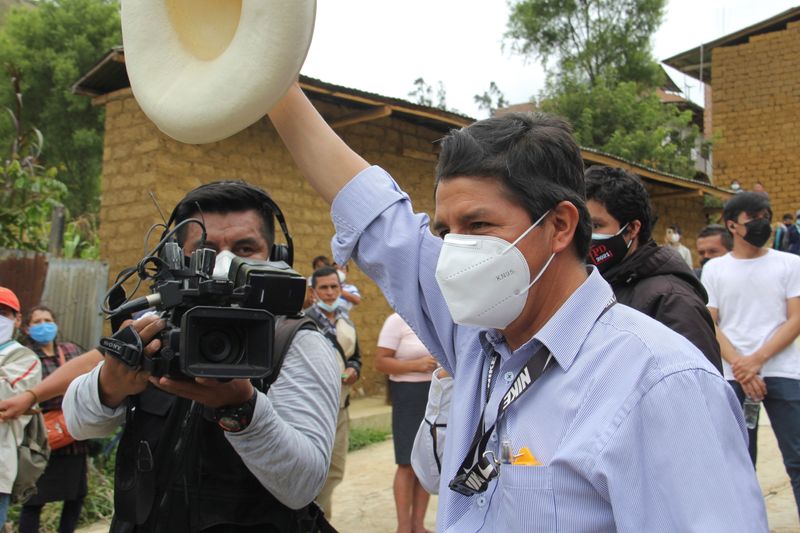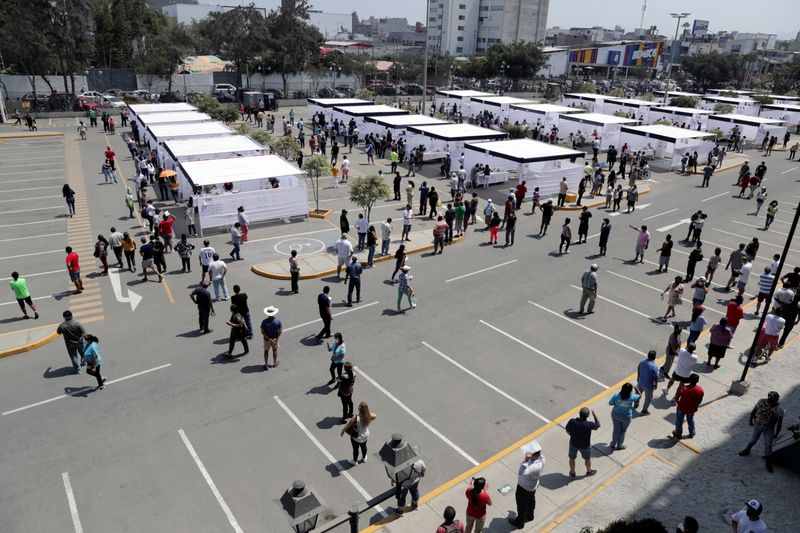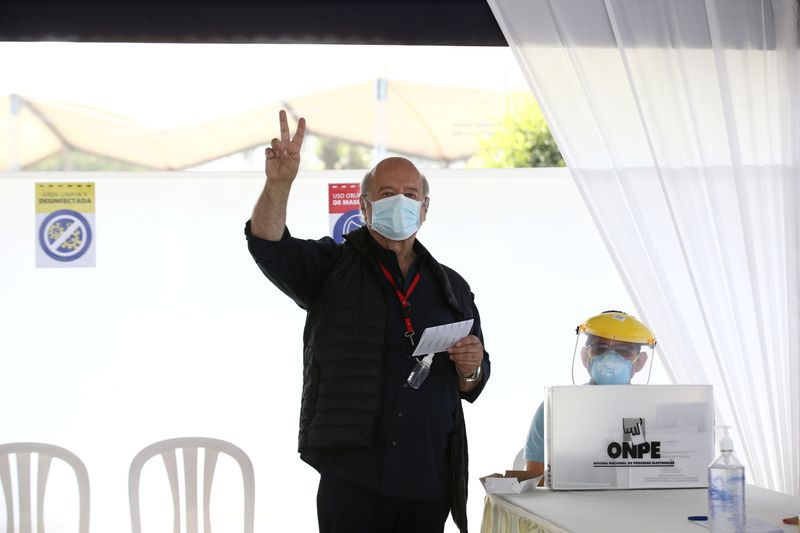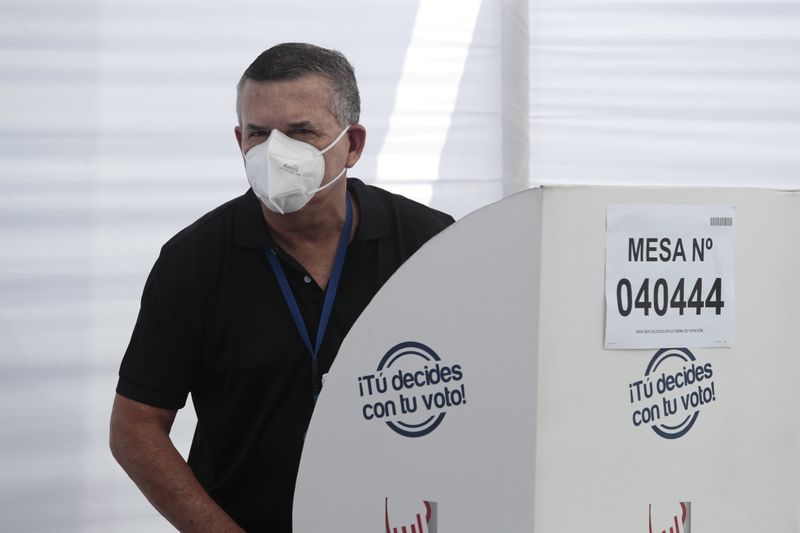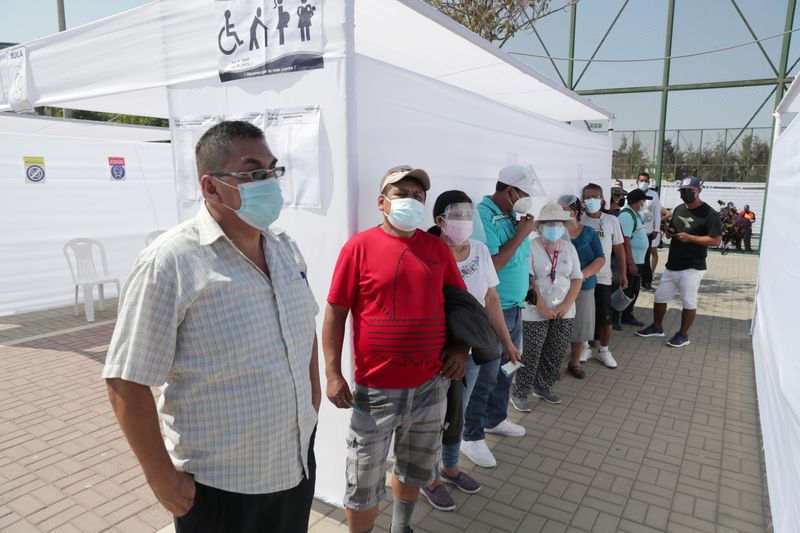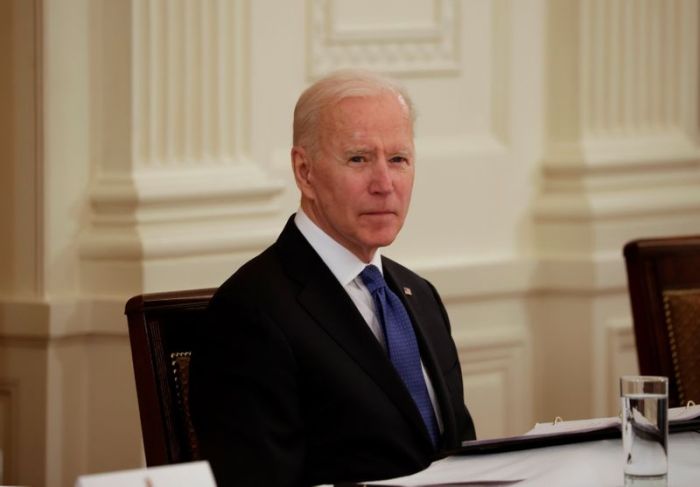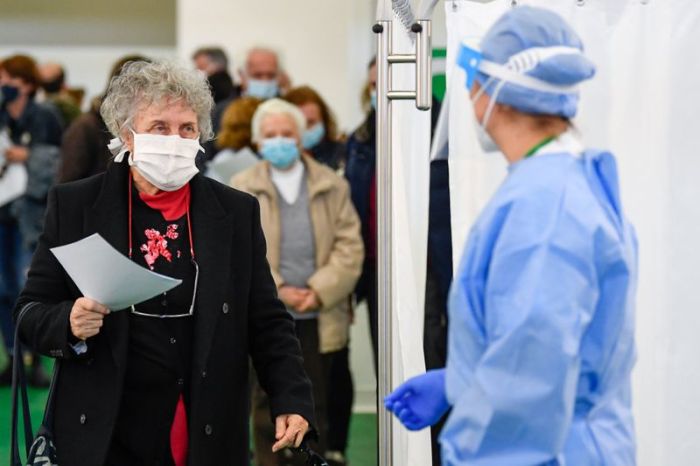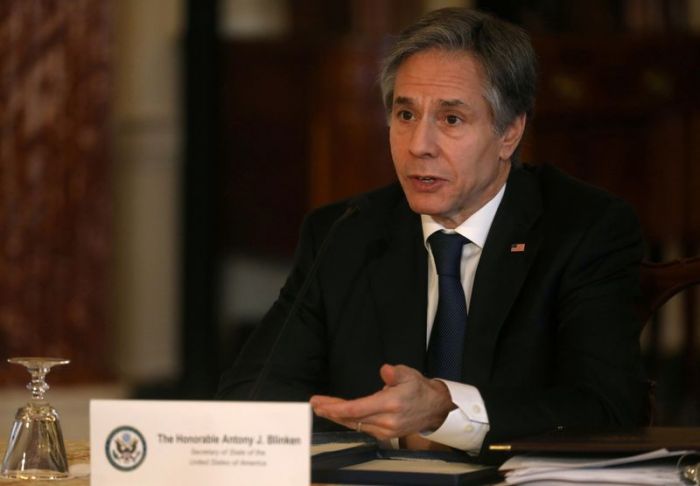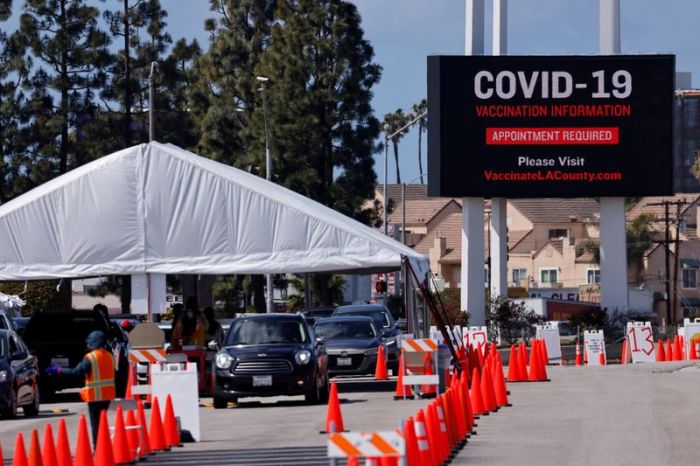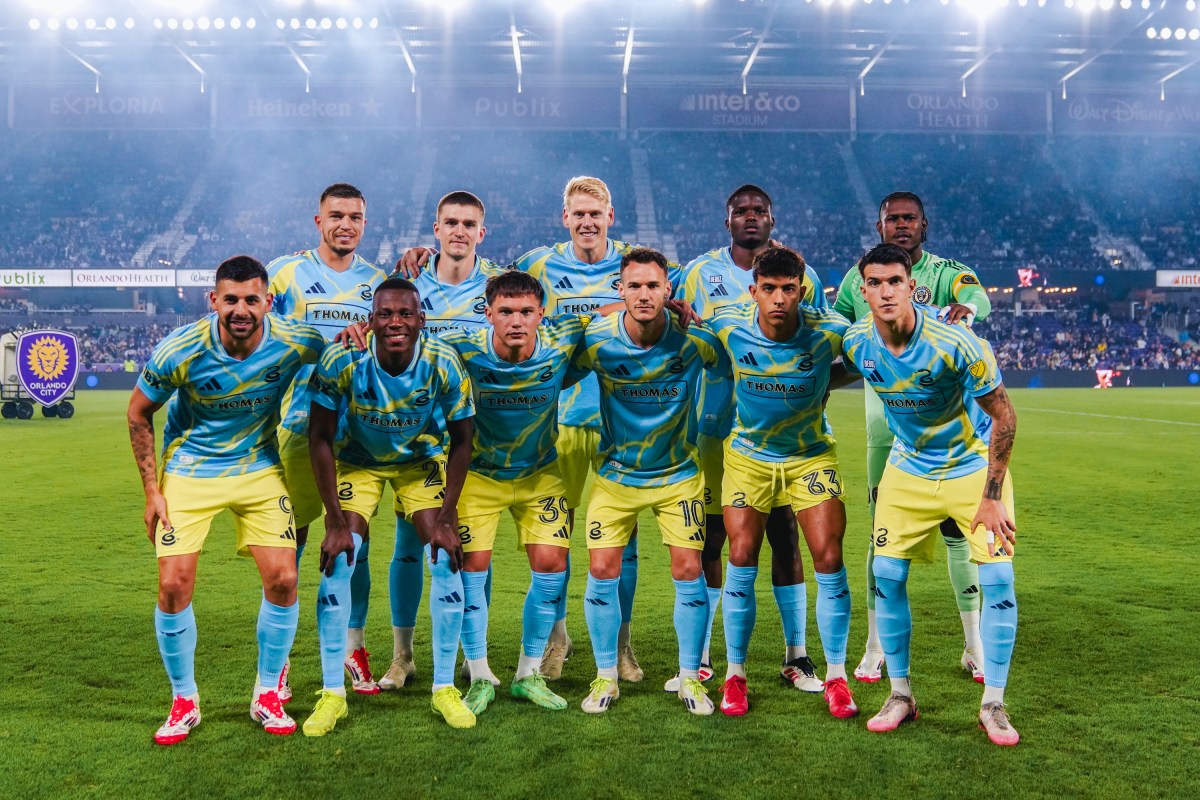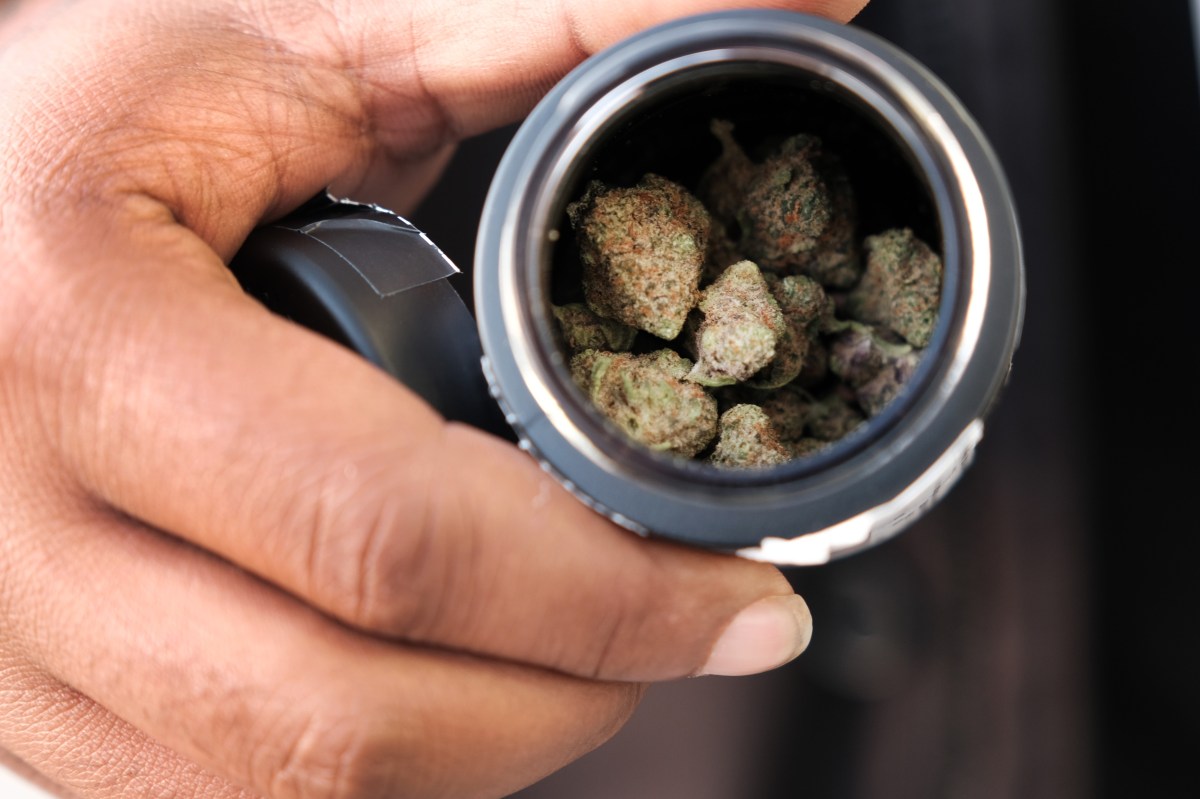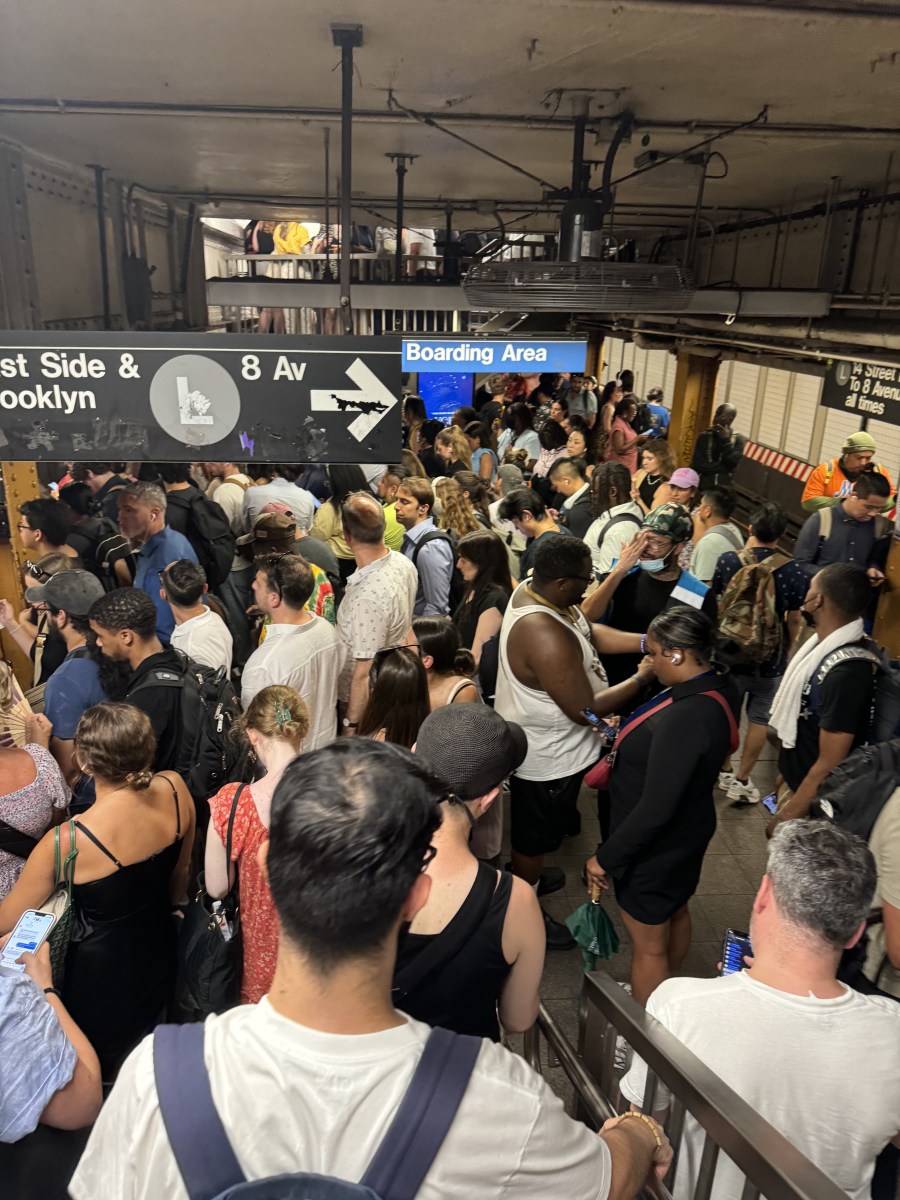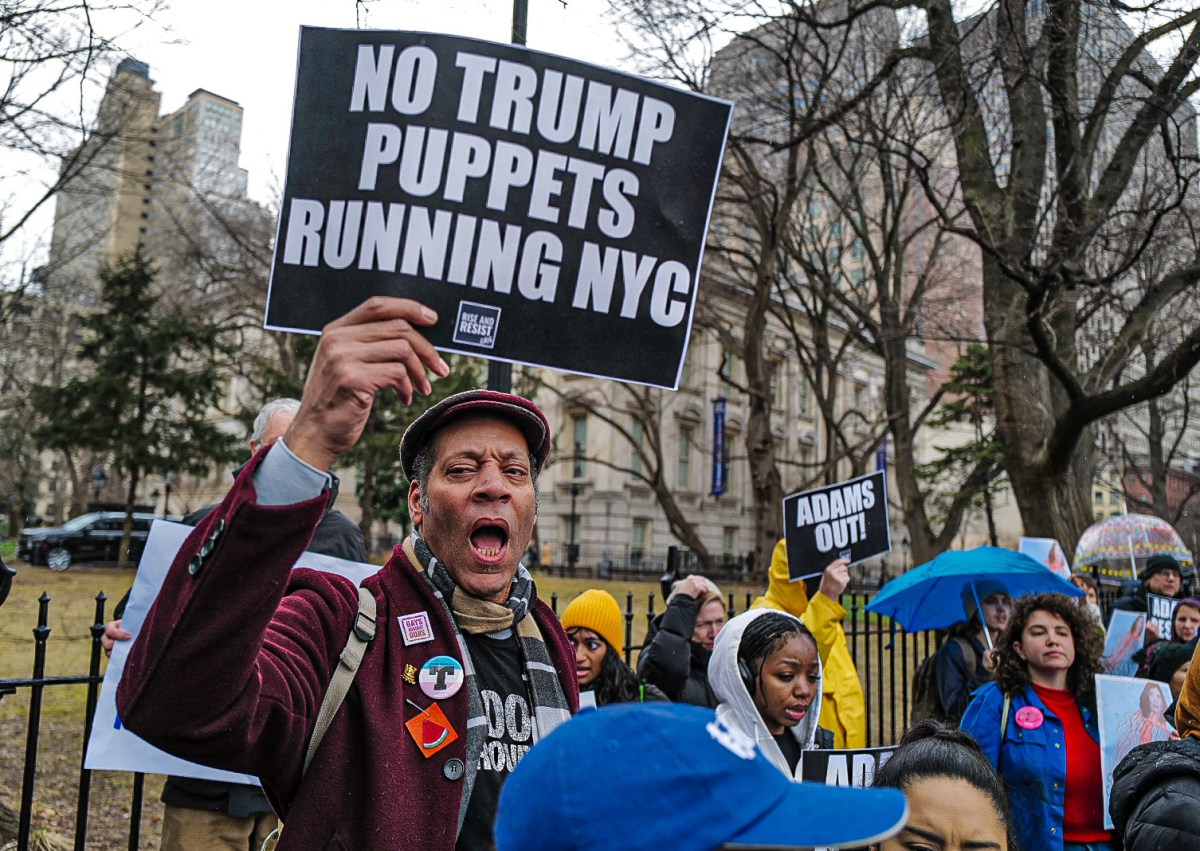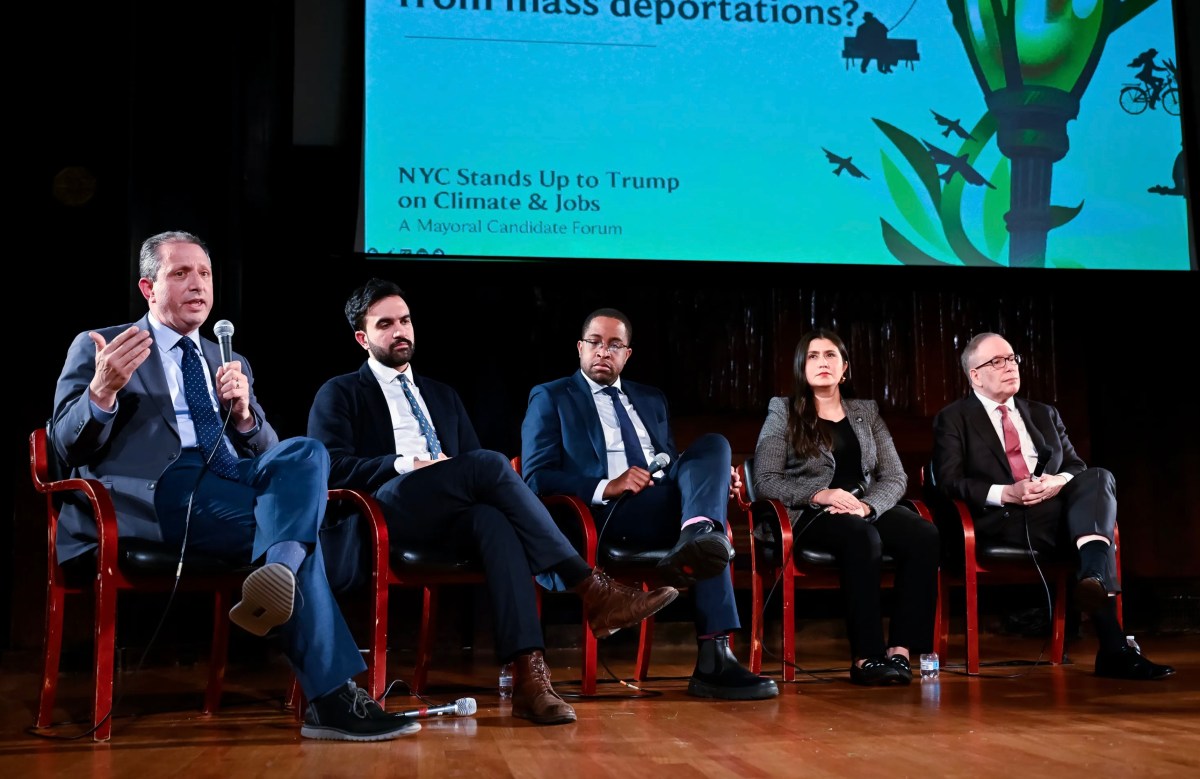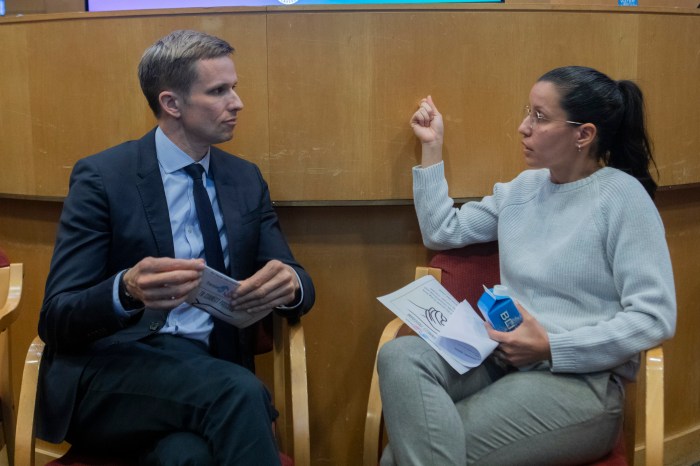LIMA (Reuters) -Peruvian far-left candidate Pedro Castillo is set to win the Andean country’s first-round presidential election, though he will face a run-off vote in June with an electorate fragmented after a year of political and economic crisis.
The 51-year-old union leader and primary school teacher, a shock winner after a late surge in the polls, had 16.2% of the vote with half the ballots tallied on the official count https://www.resultados.eleccionesgenerales2021.pe/EG2021/EleccionesPresidenciales/RePres/T. A fast count from Ipsos Peru showed him winning the race.
That level of support falls well short of the majority needed to win outright, however, meaning Castillo will face the second place candidate in a head-to-head vote.
The official count showed liberal economist Hernando de Soto in second place with 13.6% and the far-right’s Rafael Lopez Aliaga in third place with 12.9%. Conservative Keiko Fujimori was in fourth place also with 12.9% but was gaining ground as votes were counted. The fast count predicted she would come second.
With many caught off guard by Castillo’s success, the unexpected outcome is likely to add to jitters over the future leadership of the world’s second-largest copper producer, where political uncertainty has weighed on markets in recent months.
Peru is battling a new wave of COVID-19 infections with hospitals packed, sharpening a sense of crisis in the country, which impeached one president last year and saw another resign shortly after amid deadly street protests.
Castillo, whose Free Peru party calls itself “socialist left”, has pledged to redraft the constitution to weaken the business elite and give the state a more dominant role in sectors such as mining, oil, hydropower, gas and communications.
“I am grateful to the Peruvian people for this result,” Castillo, who wore a trademark cowboy hat when he arrived on horseback to vote, told supporters. “I ask for calm until the final results.”
SECOND PLACE?
Free marketeer Fujimori is a deeply divisive figure whose father, a former President, was jailed for human rights abuses. She herself has spent time on remand over claims that she received $1.2 million from Brazilian construction company Odebrecht, which she denies.
Hernando de Soto is a strong supporter of free markets and would continue spending to bolster the economy, while Lopez Aliaga is a hotel and railway magnate and a member of Opus Dei often compared to Brazilian leader Jair Bolsonaro.
Celebrations in Castillo’s home city of Cajamarca, in Peru’s northern highlands, continued into the night. The leftist had surged late from the back of the leading group of candidates, with exit polls showing him winning strong support in Peru’s five poorest regions.
In addition to a pledge to tear up the 27-year-old constitution, a key demand of the young protesters who launched anti-government demonstrations last year, he has said he will keep his teacher’s salary and cut those of lawmakers.
The ballot also saw Peruvians vote for the 130-seat congress, which looks set to remain highly fragmented with some 10 parties appearing to reach the threshold for representation in the legislature but none with a clear majority.
(Reporting by Marco Aquino; Writing by Aislinn Laing; Editing by Diane Craft, Clarence Fernandez and Hugh Lawson)

